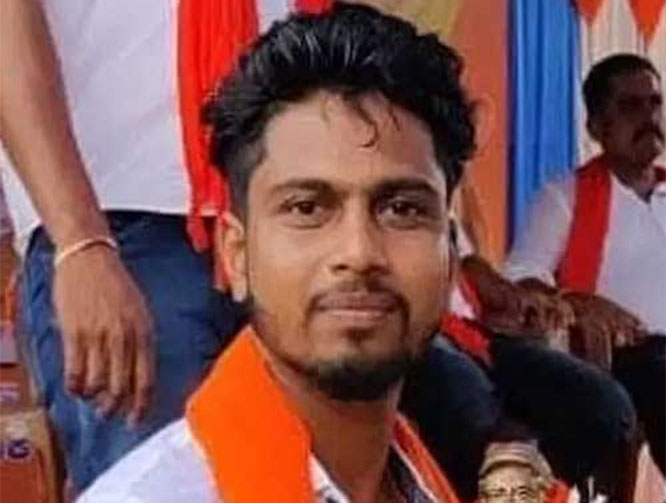Bengaluru, June 5: Chief Minister B S Yediyurappa today announced that the Karnataka will start its ‘unlock’ process by lifting restrictions only in those districts where the Covid-19 positivity rate drops below 5 per cent.
He was responding to a question on whether Karnataka will follow the footsteps of its neighbour Maharashtra that has announced a five-step unlock process.
“In districts where the positivity rate drops below 5 per cent, I will discuss with officials and Cabinet colleagues on how we can provide concessions. We will decide this in 4-5 days closer to the end of the lockdown,” Yediyurappa told reporters.
Karnataka’s positivity rate currently stands at 10.66 per cent, and this is gradually dropping. But according to the latest data from the State Covid-19 War Room, the positivity rate is above 10 per cent in 23 districts with Mysuru clocking the highest at 30.23 per cent, followed by Chikmagalur (24.20 per cent), Chitradurga (19.71 per cent) and Uttara Kannada (19.16 per cent). In Bengaluru Urban, it is 6.23 per cent. The rate remains below 5 per cent in two districts - Kalaburagi and Bidar.
On conducting the Secondary School Leaving Certificate (SSLC) Class 10 exams, Yediyurappa said it would depend on the Covid-19 situation. “The plan is to hold the (SSLC) exams in July. Let’s see what the Covid-19 situation will be like then. Everything depends on that,” he said. Acknowledging the criticism on the decision to scrap the Class 12 (PUC) exam and conducting the SSLC exam, Yediyurappa said the government would make sure no one is inconvenienced.
Yediyurappa was speaking after symbolically launching the direct benefit transfer (DBT) of the Covid-19 relief payment of Rs 10 crore to four lakh construction workers. “In all, 25 lakh workers registered with the Karnataka Building and Other Construction Workers Welfare Board will receive Rs 749.55 crore at Rs 3,000 per head,” he said.
He also launched the Seva Sindhu online facility for barbers, tailors, mechanics, rag pickers, potters, and others from the unorganised sector to apply for Rs 2,000 assistance under the government’s Covid-19 relief package.








Comments
Add new comment